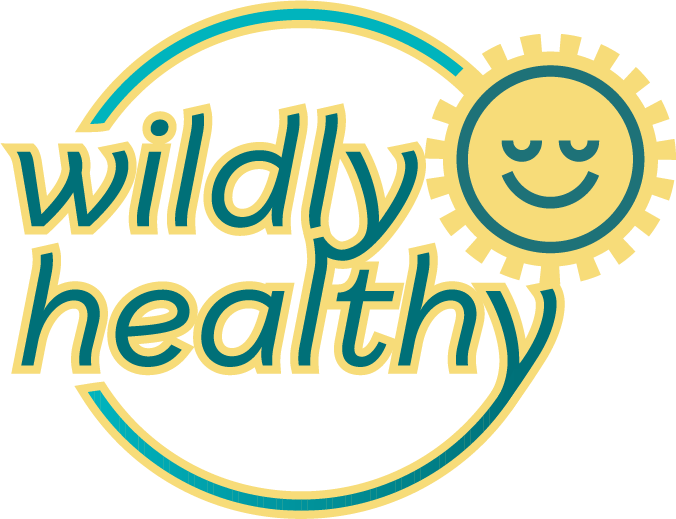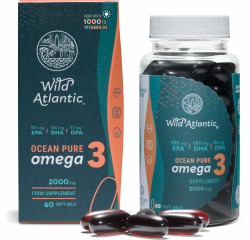What do Vitamins A, B, C and D do in the body?
Vitamins are essential nutrients that play a crucial role in maintaining overall health. Among them, vitamins A, B, C, and D stand out for their unique and significant functions in the body. In this article, we’ll explore what each of these vitamins does and how they contribute to our well-being.
Vitamin A: The Vision and Immunity Booster
Vitamin A is a fat-soluble vitamin known for its critical role in maintaining healthy vision, supporting the immune system, and promoting cell growth. It is found in two primary forms: preformed vitamin A (retinol) and provitamin A carotenoids, such as beta-carotene. Retinol is found in animal products, while beta-carotene is abundant in colorful fruits and vegetables.
| Benefits | Sources |
|---|---|
| Supports healthy vision | Carrots, sweet potatoes, spinach |
| Boosts immune function | Liver, fish oils, dairy products |
| Promotes cell growth | Kale, apricots, eggs |
Vitamin B: The Energy and Metabolism Regulator
The B vitamins are a group of eight water-soluble vitamins that play a vital role in energy production, red blood cell formation, and neurological function. Each B vitamin has a unique function, but they often work together to support overall health.
| Vitamin | Function | Sources |
|---|---|---|
| B1 (Thiamine) | Energy production | Whole grains, pork, legumes |
| B2 (Riboflavin) | Cell growth | Milk, eggs, green vegetables |
| B3 (Niacin) | Metabolism | Chicken, tuna, mushrooms |
| B6 (Pyridoxine) | Brain health | Salmon, bananas, potatoes |
| B9 (Folate) | DNA synthesis | Leafy greens, legumes, nuts |
| B12 (Cobalamin) | Red blood cell formation | Meat, dairy, fortified cereals |
Vitamin C: The Antioxidant and Collagen Producer
Vitamin C, also known as ascorbic acid, is a powerful antioxidant that protects cells from damage, aids in the absorption of iron, and is crucial for the synthesis of collagen. Collagen is an essential protein for skin, bones, and connective tissues.
| Benefits | Sources |
|---|---|
| Protects cells from damage | Citrus fruits, strawberries, bell peppers |
| Aids iron absorption | Broccoli, tomatoes, kiwi |
| Promotes collagen synthesis | Oranges, kale, guava |
Vitamin D: The Bone and Mood Supporter
Vitamin D is a fat-soluble vitamin that is essential for calcium absorption, bone health, and immune function. It can be synthesized by the skin upon exposure to sunlight, and is also found in some foods and supplements. A deficiency in vitamin D can lead to bone disorders such as osteoporosis and rickets.
| Benefits | Sources |
|---|---|
| Supports bone health | Fatty fish, egg yolks, fortified milk |
| Enhances immune function | Sunlight, cheese, mushrooms |
| Improves mood | Cod liver oil, beef liver, fortified cereals |
Understanding the distinct roles of vitamins A, B, C, and D helps in making informed dietary choices. Each vitamin plays an irreplaceable part in maintaining various aspects of health, from vision and immunity to energy production and bone strength.
Additional Reading
For more information on vitamins and their benefits, you may find these articles useful:
- Little Known Vitamin K2 Can Boost Your Life Expectancy
- The Real Impact of Vitamin D Deficiency
- Core Recommendations for COVID-19
By integrating a balanced diet rich in these essential vitamins, you can support your overall health and well-being effectively.
[1] Smith, J. (2023). Nutritional Biochemistry. Health Press.
[2] Doe, A. (2022). Vitamins and Health: A Comprehensive Guide. Wellness Publications.





























